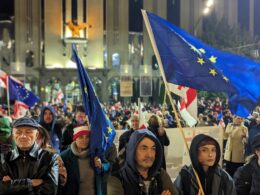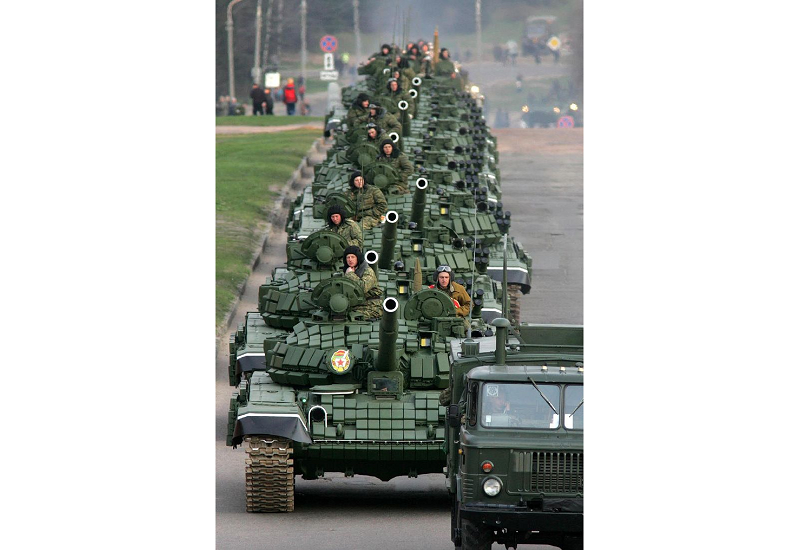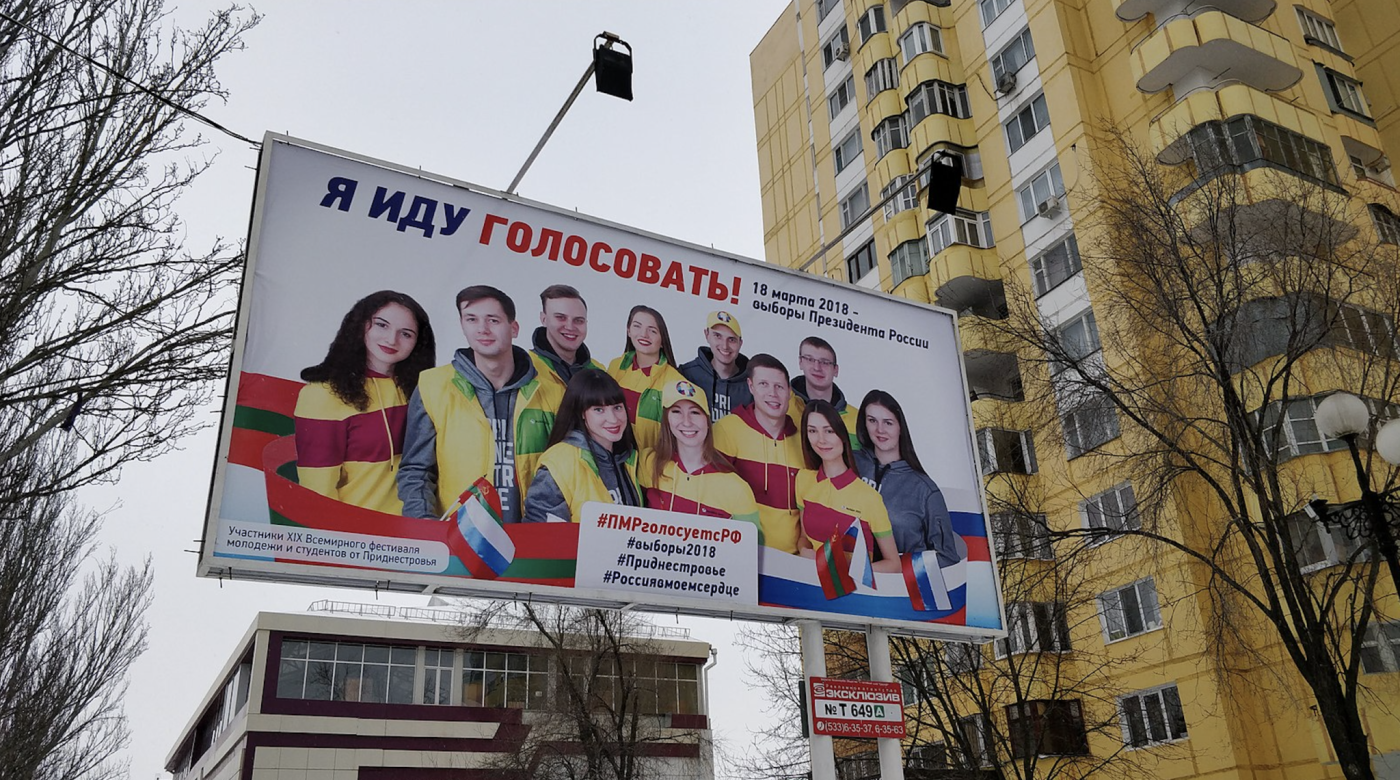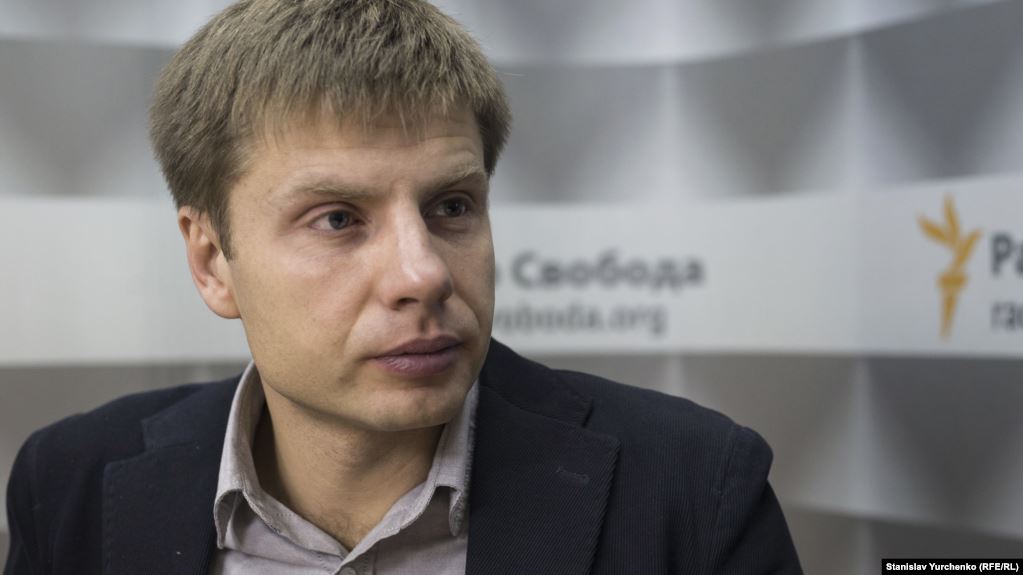That no Georgian PM has visited Kyiv in a bilateral format for nine years serves as a clear statement in itself. Defying calls both at home and amongst its friends to team up with Ukraine in the international arena and the de facto relinquishing on efforts to advance towards NATO membership has given Moscow a comfort it could only dream of.
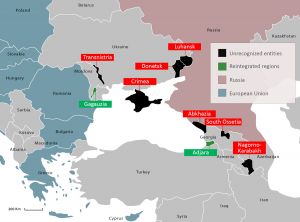
Irakli Garibashvili, Georgia’s PM visiting Kyiv this week said famously in a BBC interview that the occupation of Georgia’s territories by Russia has “nothing in common” with its actions in Crimea. In a December 2014 interview with the Financial Times, he even spoke against granting defensive weapons to Ukraine calling such possibility “counterproductive.”
So what has changed now?
Sadly, the answer to these questions is a definitive “no.”
The Baltic nations of Lithuania, Latvia, and Estonia, key champions of both Georgia and Ukraine, declined Garibashvili’s plan to visit a couple of weeks ago and a visit to Kyiv is a “forced” trip necessitated by Garibashvili’s international isolation. It does not imply any real intention to jointly push common issues together with Ukraine on the world agenda and counter Russia’s aggression.
The organized mass violence against journalists last month carried out by Garibashvili and Georgian Dream party-linked extremists openly affiliated with the Kremlin has been a landmark event that led to his international isolation.
On July 5th, Garibashvili not only incited extremist groups affiliated with Alexander Dugin to violently disrupt an LGBT Pride match. While the Pride event never took place, the extremists that had already been empowered by Garibashvili, engaged in mass violence against journalists without any police resistance for many hours. 53 journalists were beaten and one died days later.
The incumbent Georgian government has cooperated with pro-Putin groups influenced and funded from Russia for years, but with the July 5th pogrom this was elevated to a new level posing a deadly threat to Georgia’s western course.
Upon Ivanishvili’s instruction, the Georgian Dream administration has resolutely opposed any calls to integrate the issue of Russia’s occupation of Georgian territories and the implementation of the EU-brokered ceasefire agreement the regular kidnappings of Georgian citizens from unoccupied Georgia by the Russian occupation forces into western sanctions.
Georgian Dream has in particular refused to work with our natural allies in Ukraine include those issues into Western sanctions in the package with Russia’s actions in Ukraine. It is the best interest of both Ukraine and Georgia to present a coordinated and united front together with Moldova and other allies to amplify Western efforts to contain and roll back Russian aggression and achieve a shift in Russia’s conduct towards its neighbors that wish to become part of the civilized world.
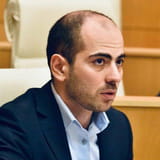
Giorgi Kandelaki is a Georgian politician with the European Georgia opposition party. He was also a member of the Council of Europe Parliamentary Assembly 2008-2020
Further reading:
- Russia’s triple strategy of proxy war used against Georgia in 1920 and now
- Ten years after: why Georgia failed to reintegrate its occupied territories (2018)
- Kremlin behaving toward Ukraine now the way it did toward Georgia before 2008 invasion, Portnikov says
- Georgia slams "elections" in occupied Abkhazia as legitimizing Russian aggression (2017)
- A century of Georgia’s struggle against pro-Kremlin


